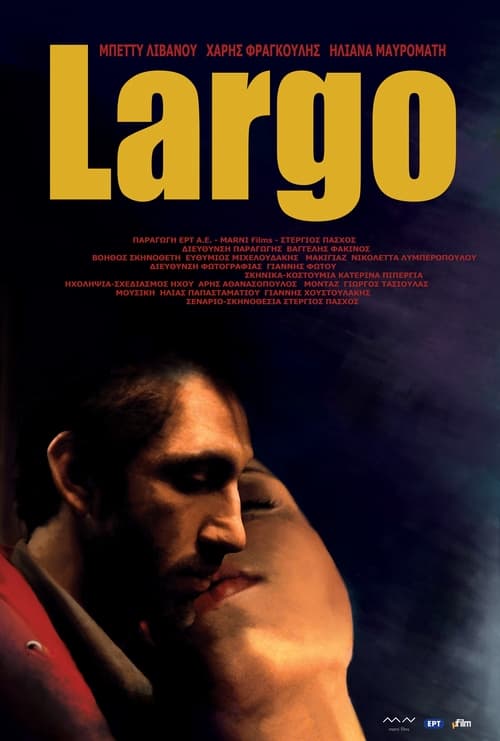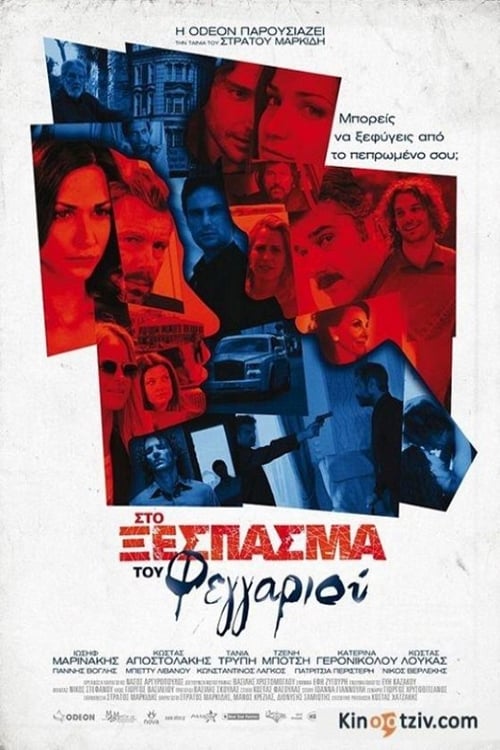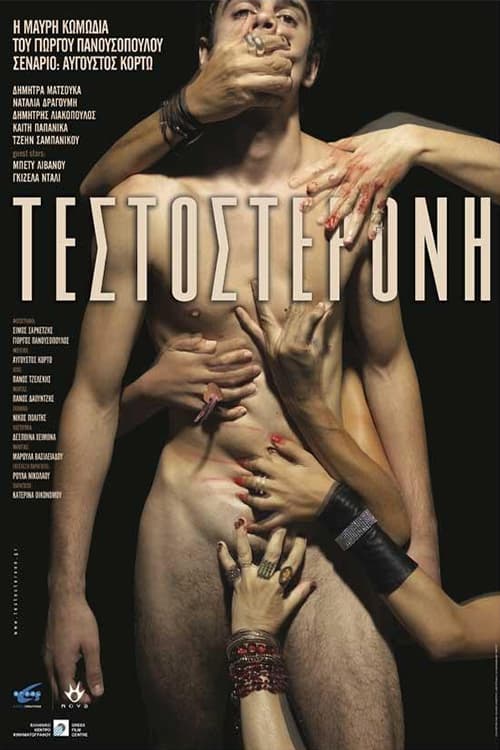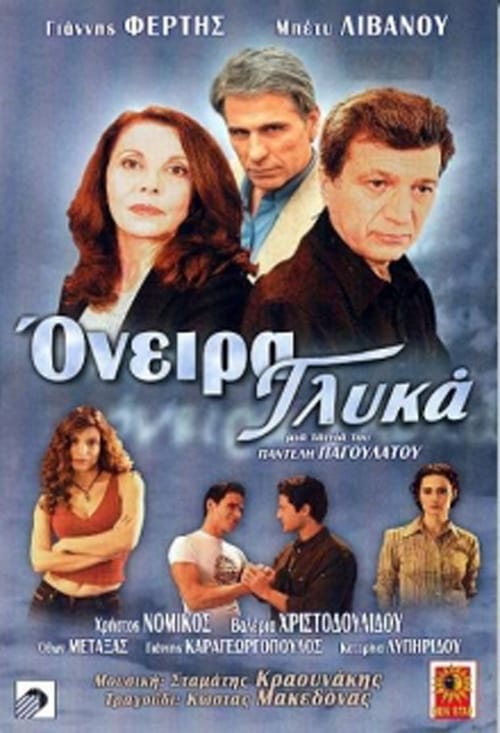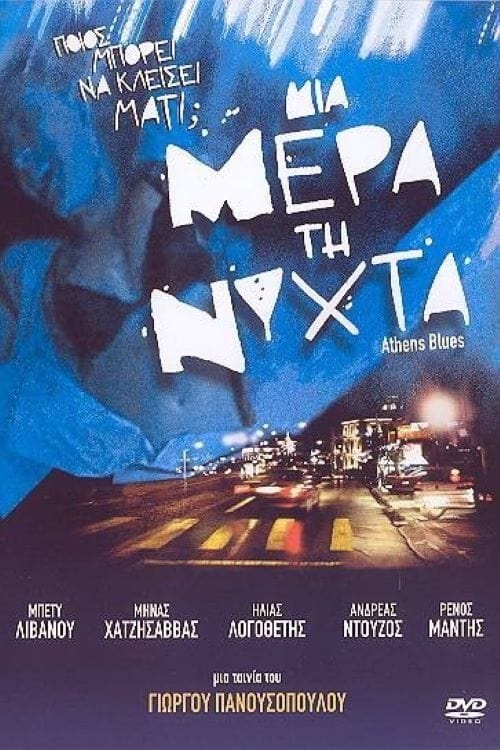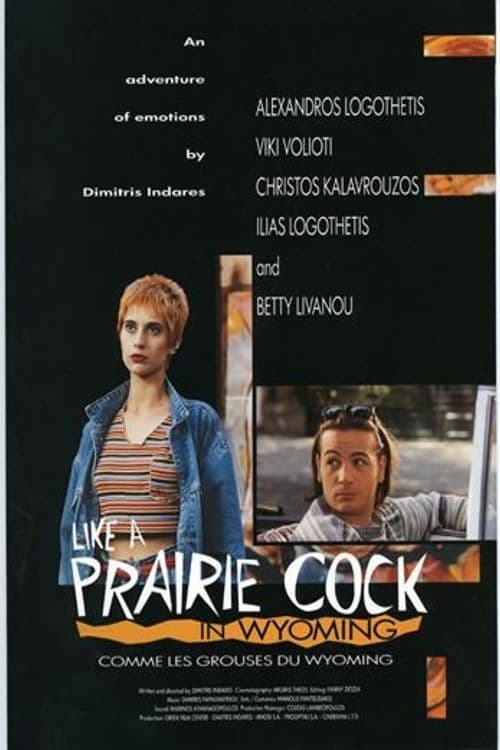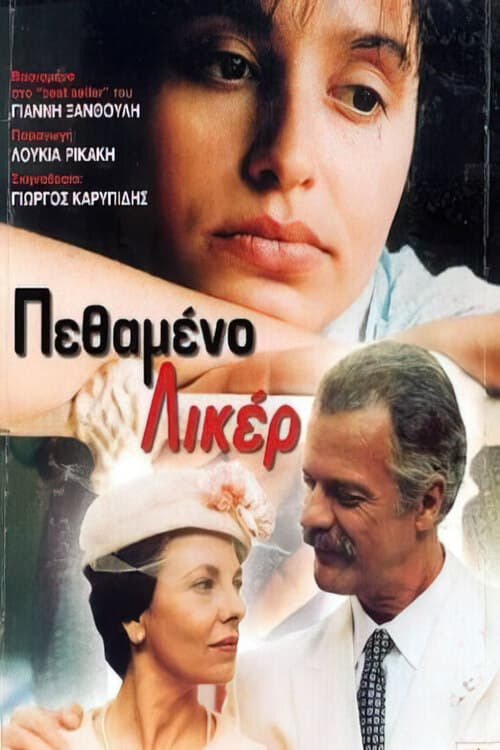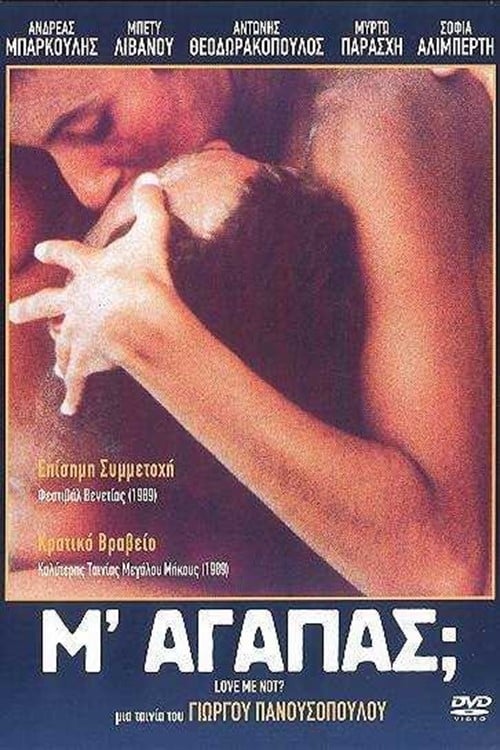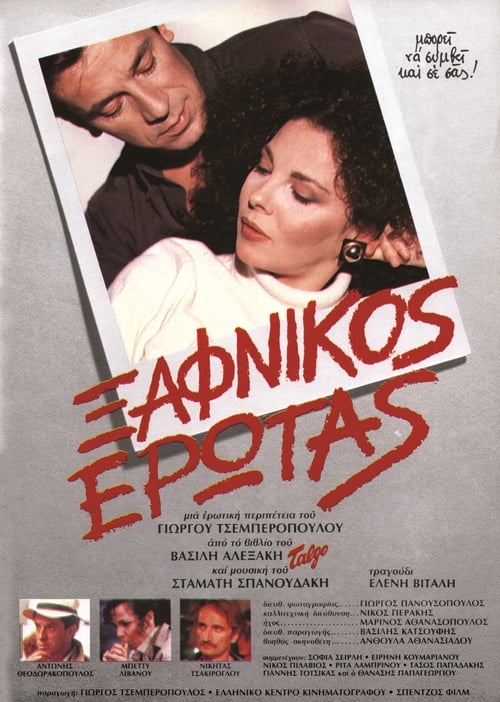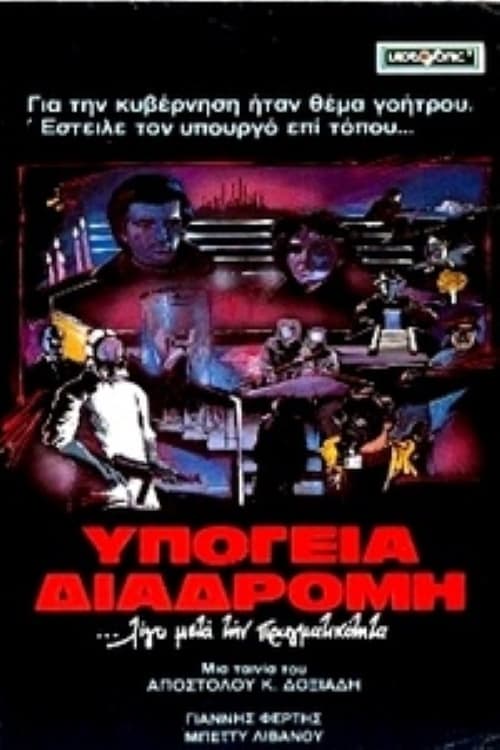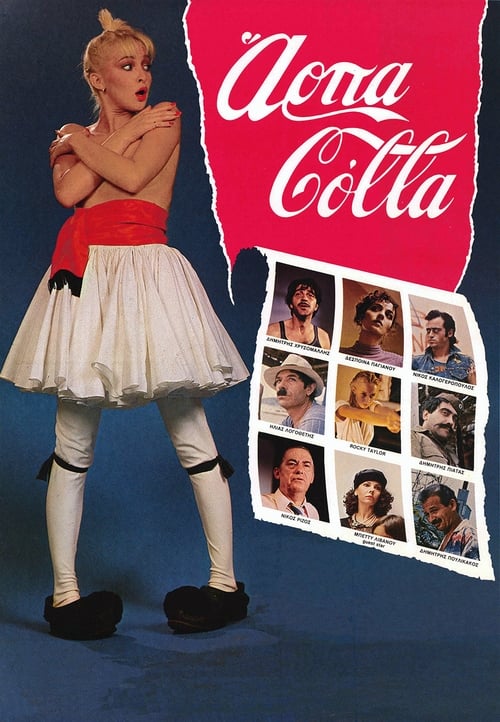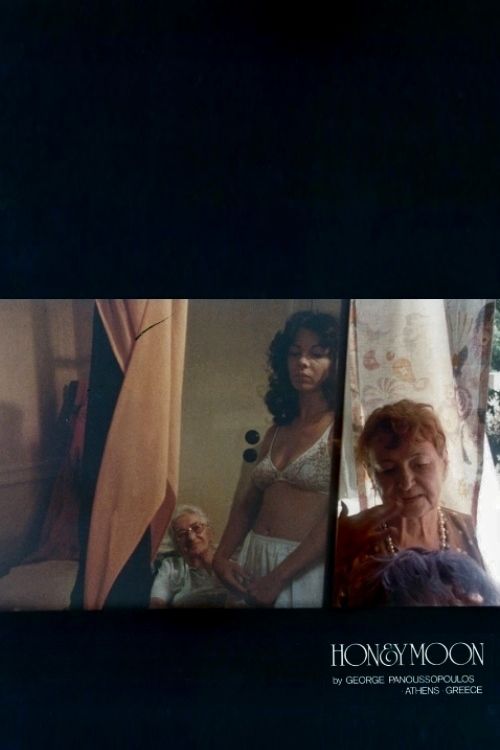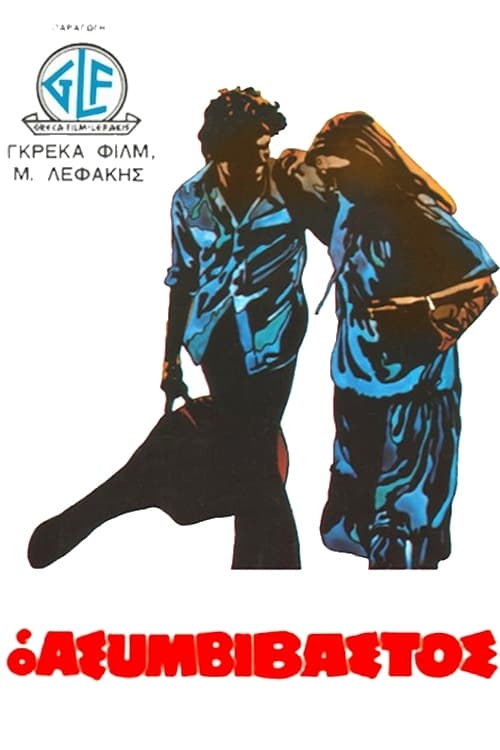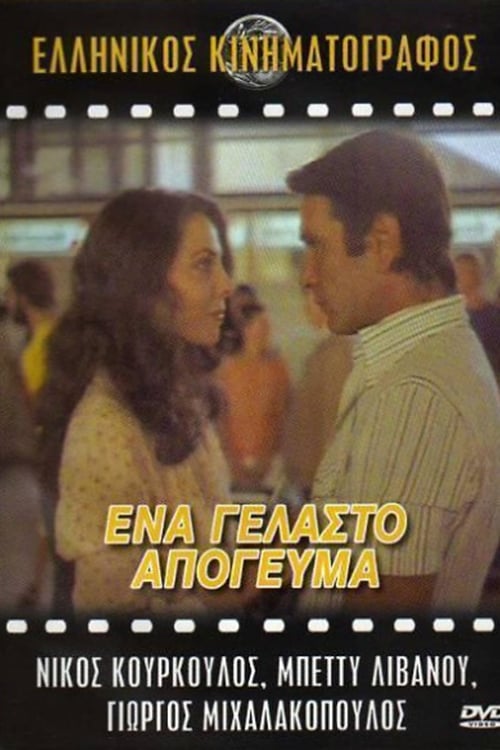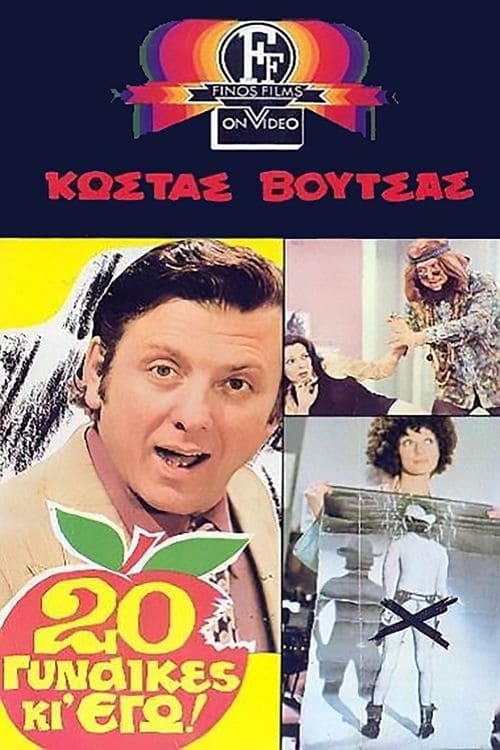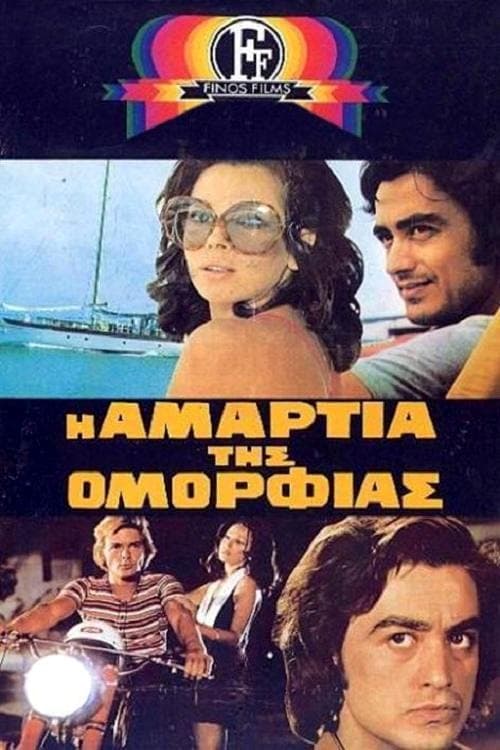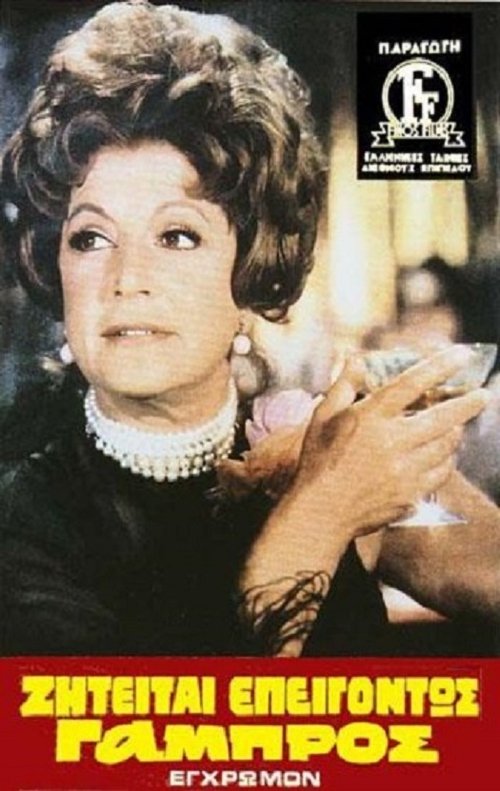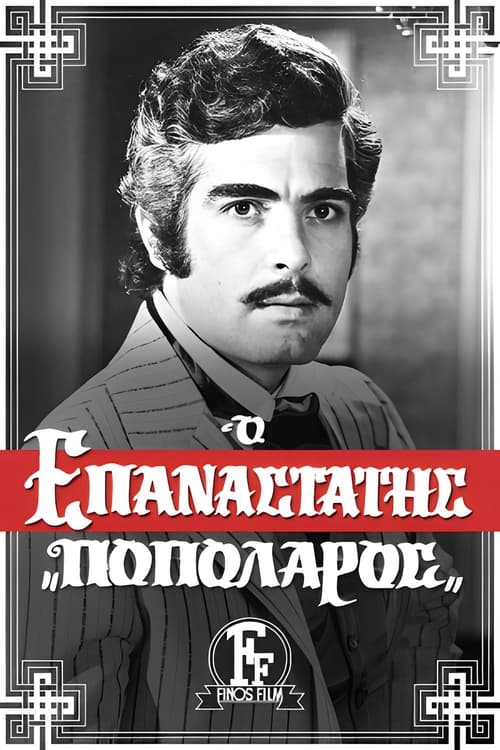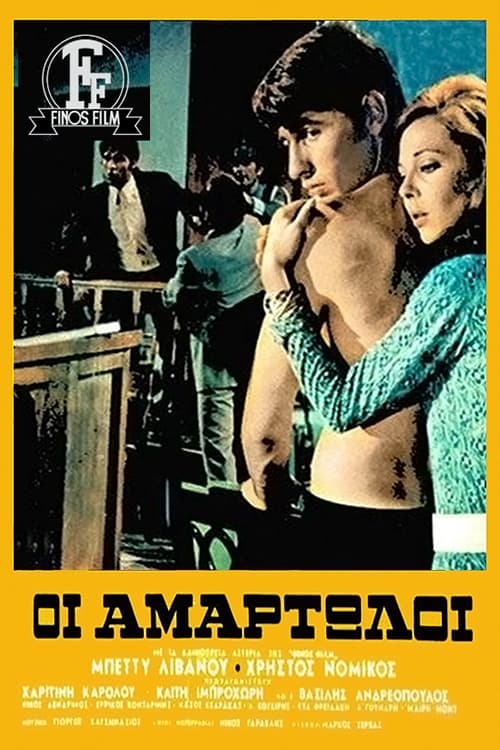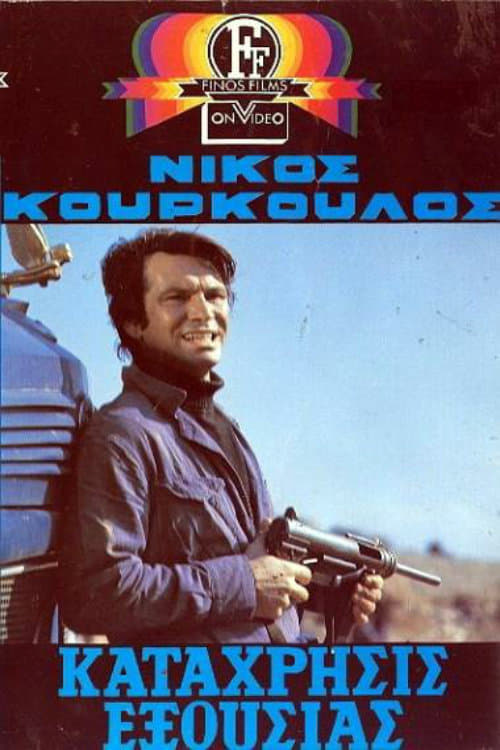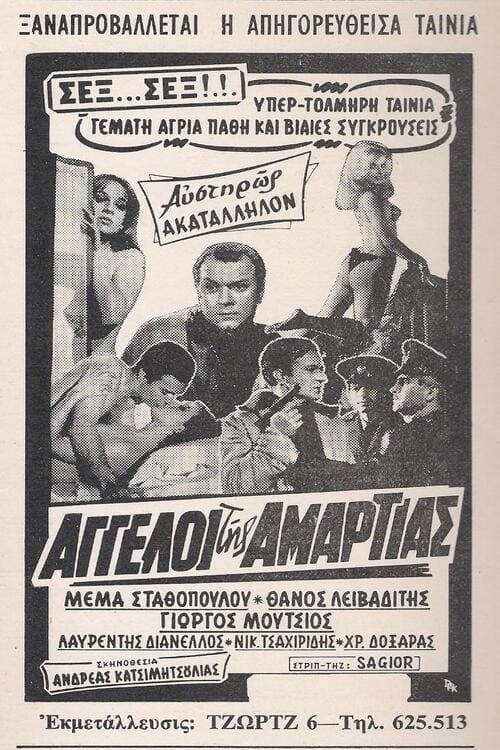Betty Livanouborn 1951 (74)
usually
Actor
Popularity
0.3
Famous
Biography
Betty Livanou was born in Athens, in Plato's Academy, to a family with roots from Asia Minor and Egypt. Before she even finished school, young Betty found herself working in advertising, posing for print ads and acting in film spots, while after finishing school she worked for a year as a model. Although she had been receiving offers to act in films since she was young, she was not particularly interested. However, when, at the age of 20, she was called by Filopoimin Finos and Yannis Dalianidis, everything changed. The two “masters” of cinema had noticed her in a cigarette commercial in which she was pantomiming and had been captivated by her face. And so, without having studied acting, armed with her natural talent, Betty Trata became (with Yannis Dalianidis as her “godfather”) Betty Livanou and joined the team of Finos Film. Before her collaboration with Finos Film, Betty Livanou had only one film to her credit, a brief role (as Betty Trata) in Andreas Katsimitsoulias' "Angels of Sin" (1966). However, her film career took off in 1971, when Yannis Dalianidis directed her in "Sinners", alongside Christos Nomikos. Subsequently, and until 1973, she starred in five more films by Finos Film, alongside big names such as Nikos Kourkoulos (Abuse of Power, 1971), Rena Vlachopoulou (Urgently Wanted Groom, 1971), Kostas Voutsas (Twenty Women and Me, 1973) and Kostas Prekas (The Popular Rebel, 1971). Her participation in “The Sin of Beauty” (1972), again directed by Yannis Dalianidis, alongside Nikos Galanos and Tasso Kavvadia, stands out to this day. With the decline of commercial cinema, Betty Livanou turned to television. She presented children's shows (Our Little Family) and game shows (The Secret of Colgate, Tell the Truth), but her recognition was established when she presented “Candid Camera” (1972) with Danos Lygizos. Later, she also took on leading roles in popular television series such as “The Conspiracy of Silence”, “Suspicions” and “Woogerman”. At the end of the 70s, she returned to cinema with a series of excellent choices. From “A Laughing Afternoon” (1979) and “The Incompatible” (1979), both by Andreas Thomopoulos, to the award-winning “Honeymoon Trip” (1979) and the timeless moving “Oi Apenanti” (1981) by Giorgos Panousopoulos. This was followed by roles in Nikos Perakis' "Arpa Colla" (1982), Apostolos Doxiadis' "Underground Journey" (1983) and George Tsemberopoulos' "Sudden Love" (1984). She naturally remained the muse of her husband, George Panousopoulos, with a constant presence in his films ("Mania" in 1985, "M' Agapas" in 1989). At the end of the 1980s, while she had moved away from acting, she successfully engaged in other activities, such as the creation and marketing of jewelry and accessories. A call in 1990 from the Thessaloniki Film Festival to present an award gave her a new impetus to return to the big screen and abandon her involvement with jewelry. In fact, a few years later she returned to the Thessaloniki Film Festival, not to present but to receive an award for her performance in the film “Age of Assassins” (1993). In addition to cinema, she also returned to the television screen, giving her presence a special dynamic to roles such as “Africa” (1992), “The Path of Love” (1994) and “The Painted Sun” (1996).
Credits

